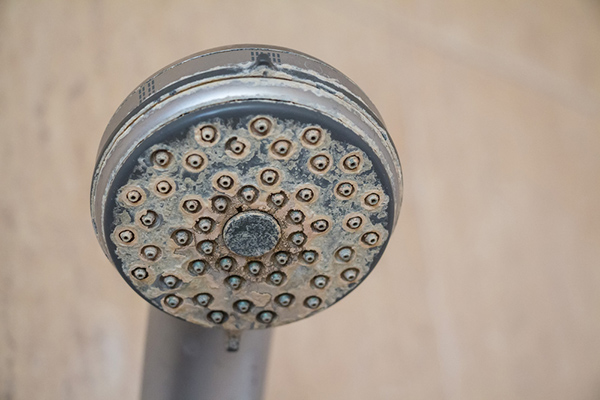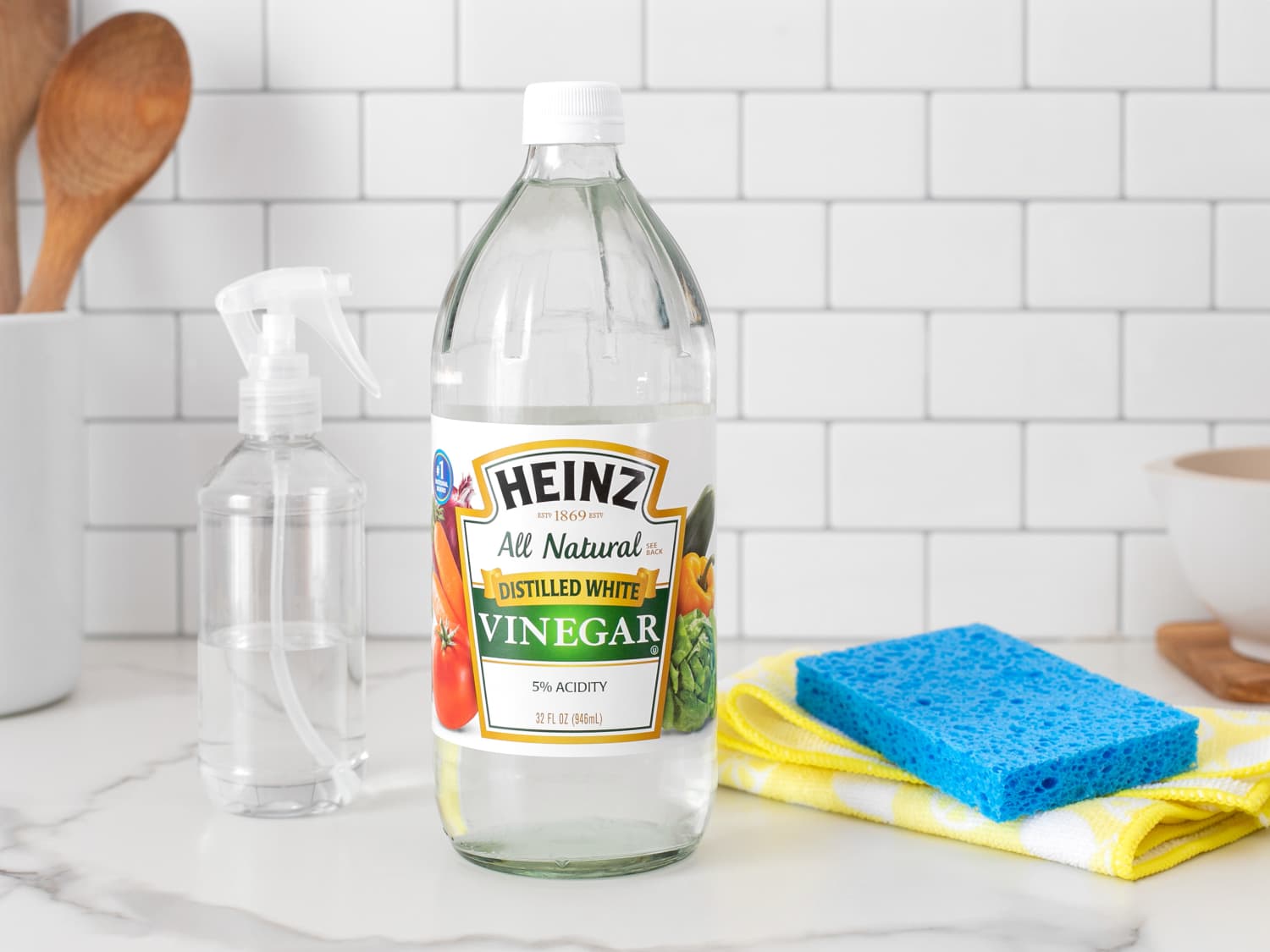One of the most challenging problems that homeowners and renters face is hard water. Hard water is a common feature in areas that have high sediment water and is very problematic to eradicate. Hard water is water in which there is a high concentration of minerals, making the water different from what the chemical properties of water are.
If you boil the water, it leaves mineral deposits behind; this is known as hard water stains. Although some people think that hard water is not healthy, that’s not entirely true. The consumption of hard or mineral-rich water can help you fight common diseases caused by mineral deficiencies.
Nature’s miracle, as you can say! While the effects of hard water are not so devastating on the body, it has severe problems on water heaters, plumbing, dishwashers, washing machines, and other household items.
The Truth about Hard Water
As already mentioned, hard water is not that bad for the human body as it is for the household items. The worst thing about hard water is that it leaves a white residue on everything, including plates, sinks, and dishwasher.
As a homeowner, hard water is not welcome because it severely shortens the lifespan of the plumbing system, leaves scales on pipes, and decreases the effectiveness of household cleaners. Household appliances like washing machines and geysers are quite costly, and when hard water makes them go rusty in no time at all, it is upsetting.

This scale build-up can cost you more money in the future because the home appliances like water heaters consume more electricity because of the scale build-up.
Hard Water Treatment at Home
Using a hard water softener is the most effortless way to deal with hard water problems in your home. There are specific hard water softeners available for your bathroom, and for electrical appliances that use water, like washing machines and water heaters.
But if you do not want to invest in one and are looking for some easy home remedies to fight the menace of hard water then please continue reading ahead.
There are some easy solutions that you can use to counter hard water problems without installing a hard water softener; the following will help you take care of the hard water issues at your home:
- Vinegar
The most important chemical element in hard water is calcium, and calcium is exceptionally reactive to acids such as vinegar.
Place the fixtures that are covered in hard water stains in hot, all-natural vinegar for about an hour. You can dip any article that has been affected by hard water in vinegar. The vinegar will dissolve the calcium deposits and make your items clean.

Another standard treatment method, if you have white stains and spots of hard water deposit, is the use of distilled vinegar. This will not only remove the stains, but it also helps you get a clean and hygienic kitchen as it kills mold, bacteria, and fungus.
You can also use this trick with your washing machine. Wash cycles with distilled vinegar are beneficial. If you notice any soap scum that has been a result of hard water, you can rinse it with three parts of distilled water and 1 part apple cider vinegar to remove this.
- Temperature
Running hot water through the geyser makes it more prone to hard water stains and residue. Mineral precipitation takes place in the most tropical areas of the plumbing system. Over the years, areas dealing with hot water develop scales, so the most convenient method to eradicate this is to keep the temperature of water low. It is also essential to flush your appliances with water now and then to make sure there is no possibility of scale build-up over time.
- Rinse Aid
If you are using a dishwasher at your home then you are already familiar with this magical liquid called ‘Rinse Aid’. Rinse Aid is a chemical that keeps those tiny water spots, which appear when dishes dry, away from your glasses and dishes.
Have you ever noticed that it is challenging to form soap with hard water than it is with regular water? This happens because of the chemical properties of hard water and the changes that take place when it reacts with the soap molecules. It requires a special agent soap that is specially made for hard water because they remove hard water stains, clogs, and spots.
- Regular Cleaning
Cleaning appliances now and then is the only way you can fight hard water. This also applies to your plumbing system. If you let calcium deposit for years, it becomes complicated to get rid of them at once. On the other hand, it is smarter to keep cleaning them regularly so that they don’t deposit to form a hard mass. Cleaners that are abrasive, acidic, and chlorine-based work best and do the job in no time at all.
- Descaling
If you want a long term solution for the treatment of hard water in your house, it is best to use a descaler. Over time, scale builds up inside appliances reducing their performance and overall life. Scale build-up is one of the most common causes of corrosion and clogging in home appliances.
Regular use of descaling agents will remove the scale build-up and keep your appliances in optimum condition.
Using these well-tested methods, you will be able to get rid of hard water problems in your house.

